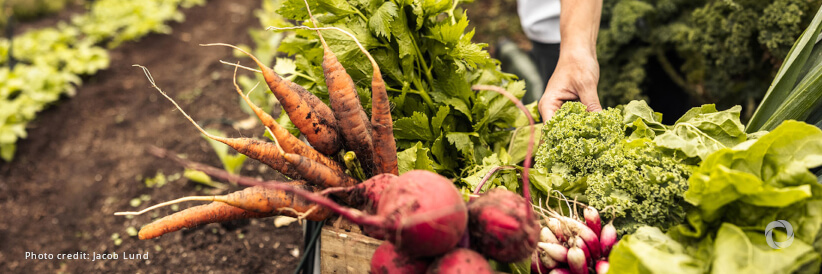The Food and Agriculture Organization of the United Nations (FAO) and Italy will work together to support Mediterranean countries most in need in the areas of water management, food loss and waste, efficient use of and access to fertilizer, innovation, and research, Director-General QU Dongyu said.
“We need cooperation and at FAO we are ready to have solutions and proposals to work together,” Qu said.
He addressed the 2nd Ministerial Mediterranean Dialogue on the Food Security Crisis. The gathering was convened by Antonio Tajani, Italy’s Minister of Foreign Affairs and International Cooperation, as a follow-up to discussions held in June.
The Director-General noted that most countries in the Mediterranean region are net importers of food and “many with high import dependencies on basic foodstuffs such as cereals, vegetable oils, and oilseeds, legumes or sugar.”
FAO has welcomed the Black Sea Grain Initiative, brokered under the auspices of the UN and Türkiye, as an important first step to improve food availability in the region. As of 27 November 2022, nearly 12.2 million tonnes of Ukrainian grains and other foodstuffs were exported since the agreement was signed in July 2022.
But recognizing that improved food availability is only a necessary first step towards improved food security, FAO proposed a special credit line, known as the Food Import Financing Facility (FIFF) to be extended to low-income countries facing acute food import needs. Four countries in the Mediterranean region – Syria, Egypt, Tunisia, and Lebanon – could benefit from the FIFF.
FIFF concept taken up
The FIFF concept has since been adopted by the International Monetary Fund (IMF) and is now known as the IMF’s “Food Shock Window”. Qu expressed confidence that with the FIFF/Food Shock Window in operation, a growing number of vulnerable countries will eventually become more resilient to shocks arising from the global food market.
FAO is also promoting the use of soil nutrient maps to improve fertilizer use efficiency, thus reducing production costs and boosting productivity, with immediate positive results at the country level, the Director-General said.
But “there is no Food Security without Peace, and although progress and improvements could be achieved, we need immediate peace and stability to be able to address the current food crisis,” Qu stressed.

